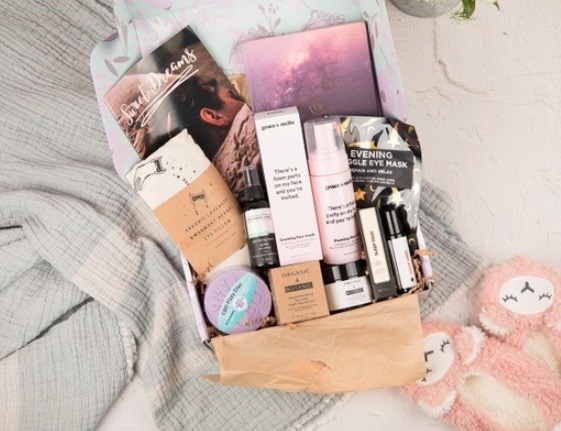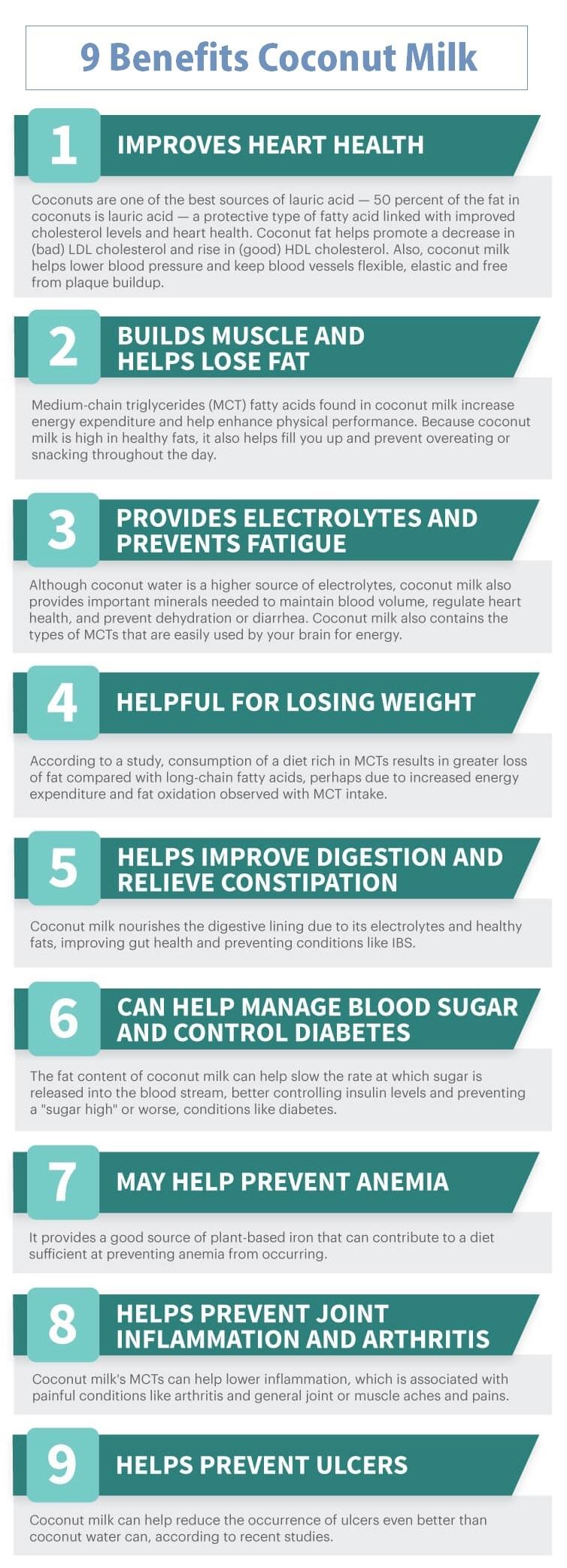Table of Content
It can also help to sweat out a mild fever and bring it to an end. This is a natural way to help babies become calm and relieve a blocked nose. Run the hot shower/tap in the bathroom and let the steam fill up the room. After turning off the tap, take your baby inside the room. The steam will be mild for you but it is perfect for a newborn.
It’s not recommended for younger babies because it may lead to a dangerous illness called botulism in infants. The saying “feed a cold, starve a fever” only got it half right. Little bodies need the energy from food to fight off that cold, and certain nutrients can strengthen the immune system.
Baby Name Generator
He is suffering from cold and caugh from last one week. Have been trying alopathy medicines but no use. Can u please suggest some effective home remedies for cold and caugh.
Mulethi has many antibacterial properties which help to cure a child’s cough and cold. You can boil the mulethi in water and give this water to your child to drink. Once you sense that your child has a blocked nose, parents usually get tensed but look at it this way – the cold is the body’s way of throwing mucus out of the body. Viruses in the air are the cause for cold and cough in babies most of the times. Seasonal changes – extremely cold or extremely hot weather conditions can also trigger a cold. Common Cold is probably the most common infection that a baby catches and you can expect this to happen at least 5 times in the first year!
Related Child Care Articles
Because honey is sticky and sugary, have your child brush their teeth after they take it, especially if you give it to them at bedtime. Don't worry if your baby is sleeping more than usual while they're sick. Let them go to bed a little earlier than usual or sleep in a little later, if you can.
Some doctors recommend also gently closing off the other nostril with your finger to get better suction from the bulb syringe. Wait a minute or two for the saline solution to thin and soften the mucus before suctioning. Your baby will feel better when well hydrated, and the extra fluids can help thin nasal secretions, too. Breastfeeding or formula feeding more frequently is the best way to keep your baby well hydrated. If your baby is having trouble at the breast or bottle because of stuffiness, try suctioning their nose first . And while there’s no magic approach to zap them instantly, you can manage their symptoms and help your child get some healing rest.
Saline Drops
You can also read the 10 ways to use ginger for cold and cough in babies. Extract the juice of the white onion and offer 1 teaspoon to your toddler. It helps to relieve him of cold, cough and congestion. A fleshy perennial plant, widely found in South India called panikoorka is used for treating cough, fever, sore throat and congestion in babies. I am sure many moms would have gone through this difficult phase of sleepless night and crankiness in babies during cold and cough.
However, if your child is still in the drinking-the-bath-water stage, this should be avoided since Epsom salts are a laxative. Avoid trying any home remedy which involves the consumption of an oil, herb, or medicine for babies below 6 months of age. Your child’s body repairs itself at night when he’s asleep, which is why deep, uninterrupted sleep is important for the infection to subside.
Run a hot shower and let some the steam accumulate in the bathroom. Sit your baby in the steam for 10 to 15 minutes. The steam will loosen the mucus and will relieve the baby from congestion. Make sure your baby is adequately hydrated before and after the steam room treatment as he will lose a lot of fluids. Like the nasal strips made for adults, kids' versions reportedly use gentle pressure to lift the nostrils so it's easier to breathe while sleeping. They don't contain any medication, and are appropriate for kids ages 5 and up.
However, in some cases, there can be one distinct difference between the two. To help your baby breathe better, hold them upright. If they still struggle or have any other warning signs (e.g., blue tint to the lips, labored breathing, or wheezing), get immediate medical attention.
Mancine suggests either giving kids a spoonful of honey mixed with cinnamon or mixing it with hot water, squeezed lemon, and as an option, turmeric and black pepper. “This tea can be very soothing for a cough,” she says. The above-mentioned remedies will help provide your little one relief from cold. You could take a trial-and-error approach where you can observe which treatment your baby responds to the best. Once your child recovers from the cold and flu, it is necessary that you go into prevention mode. Ensure that the baby gets 18 hours of sleep, and toddlers or older kids get a minimum of 8 hours of sleep when they have a cold and cough.
This is why honey is not given to kids under one. Kids above 1 year can have honey as their immune system is stronger and better developed. Use only boiled and cooled water or distilled water so as to prevent infections.
However much you try to protect your child from cold and cough, they are bound to happen every once in awhile. Moisture in the air can help with coughing and stuffiness. To keep your baby safe, use a cool-mist humidifier. The steam and hot water from other versions can lead to burns. It’s also important to change the water daily, and clean it according to the manufacturer’s instructions.
Look out for signs of dehydration and feed your baby fluids accordingly. Before we move on to the remedies, you must know the symptoms of cold and cough in babies. A neti pot flushes a mild saline solution through the nasal passages, moisturizing the area and thinning, loosening, and rinsing away mucus. Is that strongly scented stuff from your own childhood a good idea? While it’s not exactly a “home remedy,” the over-the-counter ointment is still quite popular as a topical option. “There’s a small amount of evidence to suggest that it can improve symptoms at bedtime,” says Friesen, who sometimes uses it on his own kids, ages two and six.



















